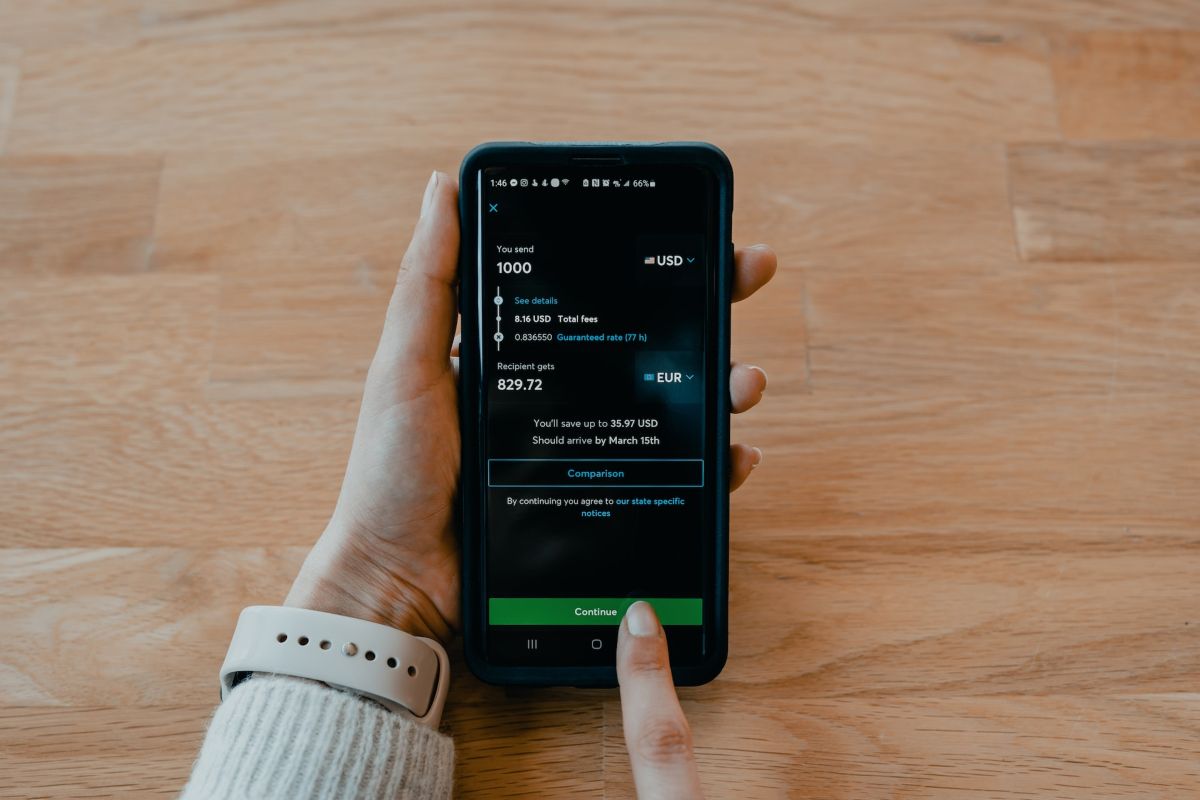International trade opens up new markets and is often necessary for businesses seeking to widen their horizons and stoke their profitability. However, trading in a foreign country comes with inherent risks involving foreign exchange rates and the security of funds.
That’s why it’s critical to find the safest mode of payment in international trade. This article will explore different payment methods in international business to help traders and decision-makers manage international payments more easily.
6 Types of Payment Methods in International Trade

Payment methods in international trade facilitate the seller to receive payment from a buyer in a different locale. The main instruments of payment in international trade include:
- Cash in advance
- Open account
- Letter of credit
- Online money transfer and currency specialists
- Documentary collection
- Wire transfer
1. Cash in Advance
Paying cash in advance eliminates the risks of non-payment for the exporter. The buyer makes payment before sellers ship the goods, and ownership of the goods is transferred. The payments are usually made via wire transfers or credit cards.
This method favors the exporter but is the least appealing to the importer. There is no guarantee that the goods paid for will be received or arrive in their best condition. Exporting businesses use it with new clients or buyers with low credit ratings.
2. Open Account
With the open account method, goods are shipped and received by the buyer before they pay the exporter. The exporter attaches a payment option that gives the buyer a period of between 30 and 90 days to settle the payment.
This method is attractive for importers as it gives the most favorable types of payment terms in international trade. It, however, presents a high risk for the seller, who has no guarantee of receiving payment.
Note: For both cash in advance and open account methods, it’s advisable to use a foreign currency exchange platform. A fast, safe and reliable platform will lower the transaction risks for importers and exporters by shortening the settlement period.
3. Letter of Credit
Letters of credit involve the parties agreeing on terms and conditions of trade. The issuing bank (the importer’s) then sends a letter of credit to the exporter’s bank as proof of sufficient and legitimate funds.
The payment is only remitted once the foreign buyers attests to receiving the goods and both parties agree that all conditions have been met. This method is a secure means of international payment for buyers and sellers since established banks are involved.
4. Foreign Exchange Transfer Specialists
Money transfer foreign exchange specialists provide a platform to exchange currencies and transfer money internationally. It’s one of the most flexible payment methods for international business since you can send or receive payment in various currencies over an online platform.
It’s advisable to choose this method as it simplifies transactions and gives you more currency options to help expand your business.
When choosing an online payment platform, consider opting for one that offers currency specialists. They will give your expert guidance on processing your payments and getting the best rates.
5. Documentary Collections
Documentary collections are one of the most prominent modes of payment through the bank. The exporter submits the bill of lading and other documentation requirements to the bank handling their trade finance.
The bank will then forward these documents with some payment instructions to the importer’s bank. The receiving bank can make payment immediately or at a specified later date.
This method is cheaper than a letter of credit. However, it does not guarantee that the buyer will receive the goods as specified or make payment as expected.
6. Wire Transfer
Banks facilitate wire transfers through the SWIFT network. It allows banks to send money to another bank in a different country.
The transfers typically take time to process. They also pose a challenge if the receiving party is located in a country with limited financial systems.
Key Takeaway
When deciding on the best means of payment in international trade, it’s essential to consider the pros and cons of each method. What you ultimately settle on will depend on whether you are importing or exporting and your access to financial institutions.
The cash in advance method favors the exporter, while an open account gives importers more flexible payment terms. Traditional wire transfers may affect your cash flow because they take longer. Letters of credit and documentary collections require a financial institution and are often complicated.
Foreign exchange currency transfer specialists are the most recommended as they are typically more affordable. Remember to choose a service provider that’s FCA regulated, with a track record of reliability and excellent service.
More Read:
- How To Send Money Online? 10 Best Services
- What are Digital Currencies and Are They the Future of Money?
- NFC Vs QR Codes: Pros & Cons in Digital Money
Author Bio: Clear Currency provides a hassle-free way to make a foreign exchange transaction. Their in-house currency experts are on hand to help you keep more of the money you transfer, guiding you through every step of your exchange and offering you the best rates. They provide instant rates and same-day transfers. What’s more, they’re FCA regulated for absolute peace of mind.














